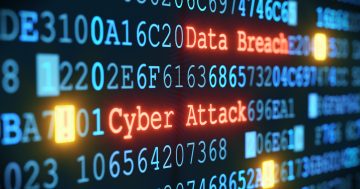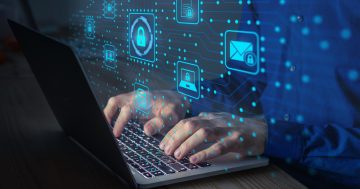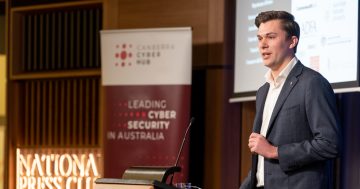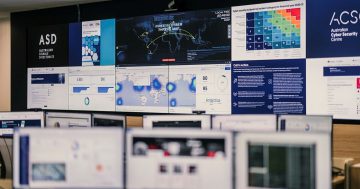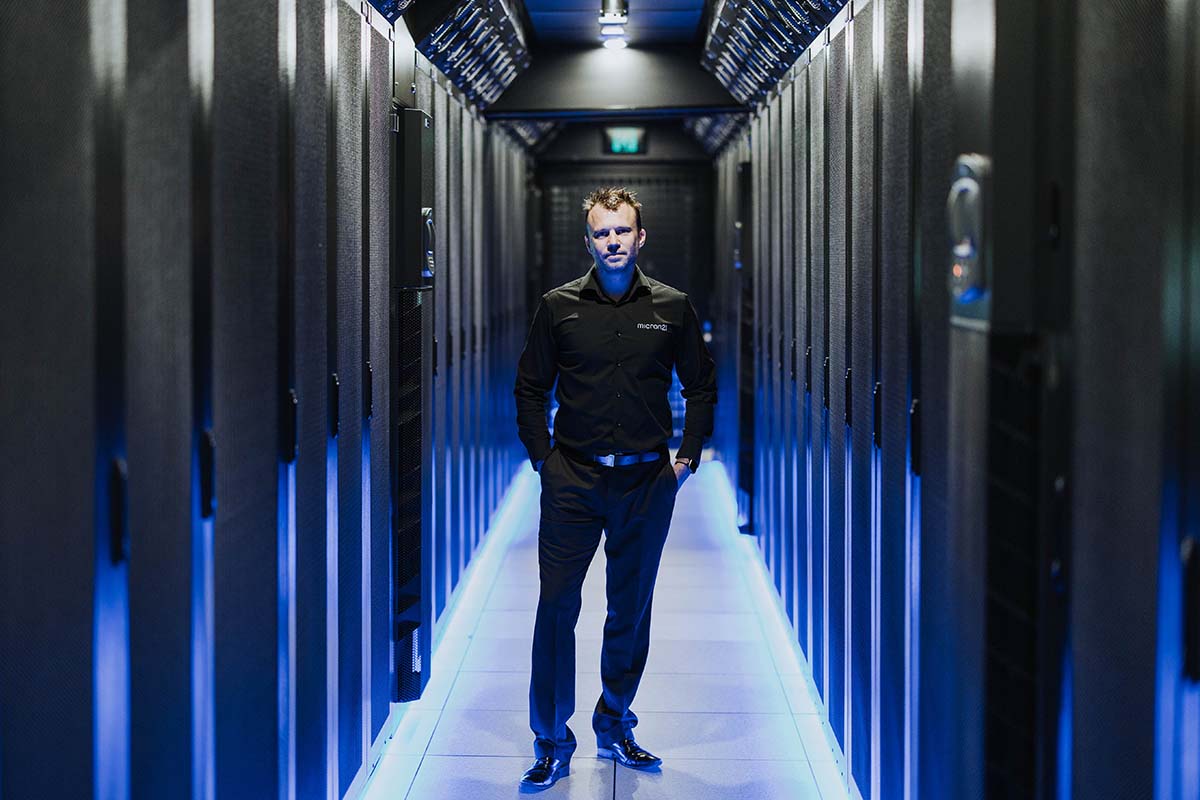
As cyberattacks become more prevalent, what does top protection really mean for Canberrans? Photo: Claire Bentley.
Cyber crime, in its broadest definition, dates back to the nineteenth century, when the Blanc brothers hacked the French Telegraph System and stole stock exchange details. But it wasn’t until the late 1980s when computer viruses became more prevalent that online offences emerged as one of the biggest concerns for international law enforcement.
Its seriousness has grown exponentially since.
‘Cybercrime’ as an umbrella term covers all kinds of electronic espionage, including network threats, denial of service, encrypting or stealing data, even something as simple as defacing websites to spread misinformation and reduce credibility.
Mobile phones and personal computers can also be accessed to capture banking details and typing history, view cameras, access private files and steal identities to open bank accounts, take out loans and more.
Being the only 100 per cent Australian-owned data centre certified as tier IV by the Uptime Institute (the highest international standard), Micron21 also has an onsite Security Operation Centre and is a full-service cloud provider. It is built to be completely fault-tolerant against these sorts of attacks.
Managing director James Braunegg has a team of experts monitoring clients’ systems 24/7 but says this is just one step of many to ensure proper security.
“Good defence starts with a protected network that stops unwanted traffic from entering in the first place,” he says.
“Prevention is always better than a cure. Spending time in risk analysis to understand weaknesses and strengths is absolutely critical because security strategies should be tailored to potential threats.
“If you don’t have strong prevention in place, you’re turning a blind eye to every cyber threat that could endanger your business.”
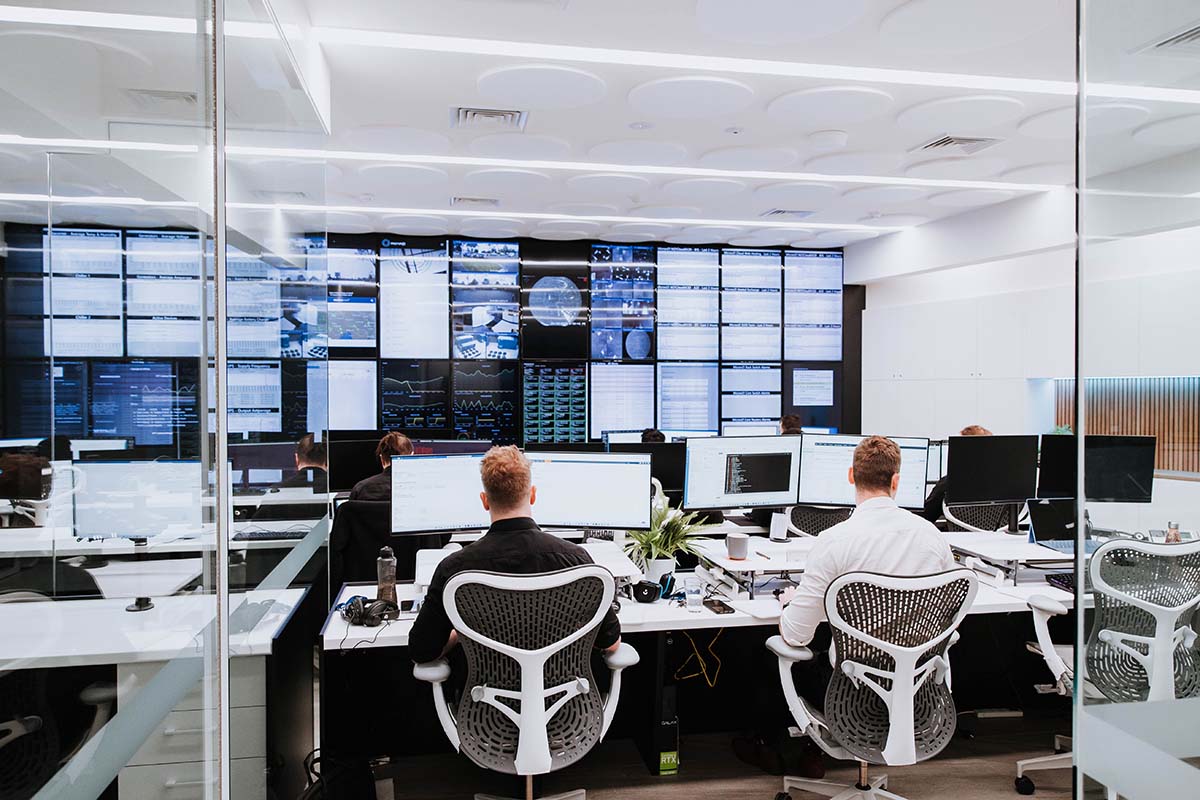
Micron21 run a systems and security operations centre for 24/7 monitoring. Photo: Claire Bentley.
James believes all reputable data centres should follow Micron21’s lead and display a level of tiered certification.
“I wanted to achieve the best certification in the world to clearly advertise our company’s worth, and I think all providers should do the same,” he says.
“Given that the average person doesn’t have technical knowledge of cybersecurity, they’re trusting the public face of a company when they pay for a security service. But on paper, providers A and B look much the same, so it can be difficult to tell which has the stronger offering unless you have the technical know-how.
“There should be a mandated rating system that encourages providers to invest in good practices, rewards them for real effort and explains to customers what they’re investing in.”
Just some of Micron21’s cyber safety guidelines include carrying out an independent audit for risk analysis; verifying system users with multi-factor identification; protecting all devices with modern security software; diversifying IT infrastructure and securing data through multiple backups; engaging a monitoring team; keeping staff up to date with best security practices; and devising a refined action plan to roll out automatically in the event of an active threat.
Personal online protection largely comes down to email and website security. Phishing scams, for example, often use links containing malware to infiltrate a device and collect data.
James says Australians’ priorities need to change regarding online security, particularly as businesses and individuals become increasingly reliant on technology in everyday life.
“Widespread outages and privacy breaches are showing that the technology we use is built on a shoestring budget,” he says.
“We expect the best, but want to pay the least amount for it. Cybersecurity is a competitive market and the only way to compete on price is to deliver a service that has something missing, so weigh your options carefully.
“At the end of the day, investing in a more experienced, prepared partner will better protect you from cyberattacks. Your cybersecurity should be built on the service provided, not its cost.”
Original Article published by Morgan Kenyon on Riotact.
Region Media Partner Content

